Highlights
Meet a CQTian: Patrick Rebentrost
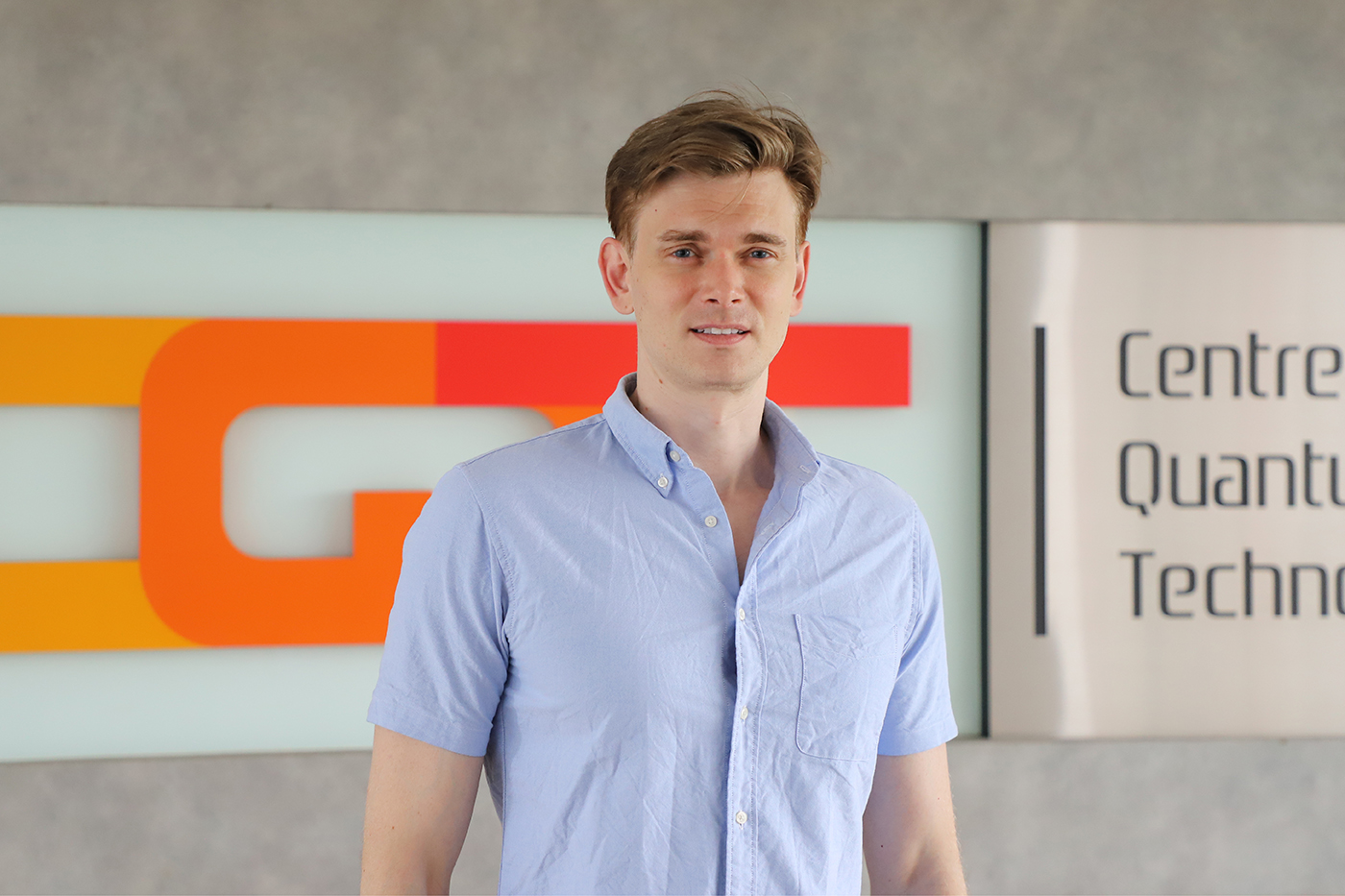 Patrick enjoys the creativity and innovation that happens in discussions with people when doing research.
Patrick enjoys the creativity and innovation that happens in discussions with people when doing research.
Patrick Rebentrost is one of four new Principal Investigators announced at CQT in July 2022. He is appointed Principal Investigator and Research Assistant Professor from his former position as Senior Research Fellow at CQT. His research interests are in quantum computing, quantum algorithms, quantum machine learning, learning theory, and mathematical finance. Patrick received a grant in April 2022 from the Quantum Engineering Programme (QEP) to lead a project, “Computer science approaches to quantum computing for finance.”
How did you come to be at CQT?
I did a PhD with Alán Aspuru-Guzik at Harvard and a postdoc with Seth Lloyd at MIT. At MIT, we ventured into a line of research on quantum computing for machine learning. I had already heard about CQT around the time it was founded, and it was always a place I was considering to be at. I had also met Joe Fitzsimons, a former CQT Principal Investigator who founded the startup Horizon Quantum Computing in Singapore, at a conference in South Africa. In 2018, I joined CQT as a research fellow.
And now you are a Principal Investigator. What has changed for you?
I finally have a desktop computer in my office. Just kidding, it is of course a great next step to become a Principal Investigator. It is certainly an interesting change to officially supervise students, plan funding and expenses, and have more discussions with fellow PIs. When I was Senior Research Fellow, I learnt a lot from Miklos Santha who has been a PI in CQT since 2008. Miklos has an excellent understanding of computer science and I’m extremely lucky to have him has a mentor. I’m also interacting more with the admin team and would like to give them a shout-out here for their excellent work.
The computer science group is a collective group at CQT. How does it work and what do you think are its advantages?
As a collective group, it is easy for us to pull resources together. We also share a common budget. Among the Principal Investigators, we have regular meetings so there is close interaction among us. It is very helpful for exchanging ideas and managing research. For the postdocs and students, it is easy for them to work with any of the PIs. The group also has a common seminar where we invite speakers for talks and discussions.
Tell us about your research.
My research covers three pillars. In the first pillar on fault-tolerant quantum computing, we’re looking at problems in optimisation and machine learning and also generally at developing algorithmic building blocks. The second pillar is on NISQ, or noisy intermediate-scale quantum computing, where I’m currently working on what I call “post-variational” algorithms. Most NISQ algorithms are variational. But they sometimes have problems, including the problem of barren plateaus. So, one direction I’m pursuing is to see if we can go beyond variational methods but not require the full power of a fault-tolerant quantum computer. The third pillar involves bigger picture thinking about how quantum technologies will affect financial markets.
Could you share more about the project that you are leading under QEP?
Finance uses a lot of computational resources. Every little speed up can make a big difference for risk management, pricing derivatives or portfolio optimisation. While I think that the most immediate application of quantum computing would be in the simulation of quantum systems such as molecules, we are also thinking about how quantum computing can or cannot be used in finance. We are looking for post-doctoral fellows, so if anybody reading this is interested or knows somebody who may be interested, please contact me. We’re looking for people with experience in quantum information/computation. Knowledge of finance is totally not required.
What are your hopes for your field?
From results reported in the field such as Google’s first report of quantum supremacy in 2019, there are already implications that quantum computing is very powerful at artificial tasks. I hope that quantum computing becomes increasingly better and that it will be useful for a large variety of applications.
What is your favourite aspect of research?
Having discussions with people is the most fun part about research. By being open, you find out new things. There is a lot of creativity and innovation that happens in meetings.
What do you enjoy outside of work?
I like to travel and wish I could do more of it. I do kite-surfing, and I enjoy eating at different restaurants. I also enjoy playing chess recreationally.
Learn more
Related Stories
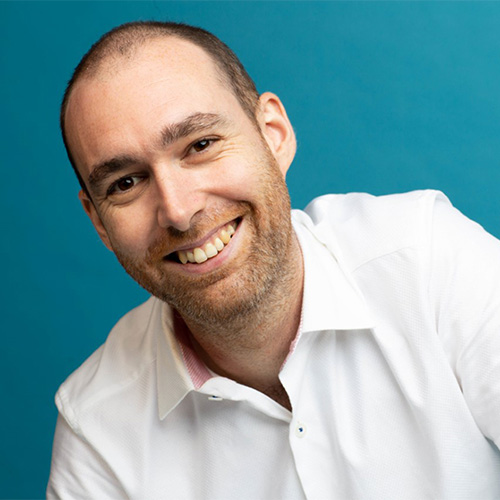 | Meet a CQTian: Steven Touzard July 25 2022 |
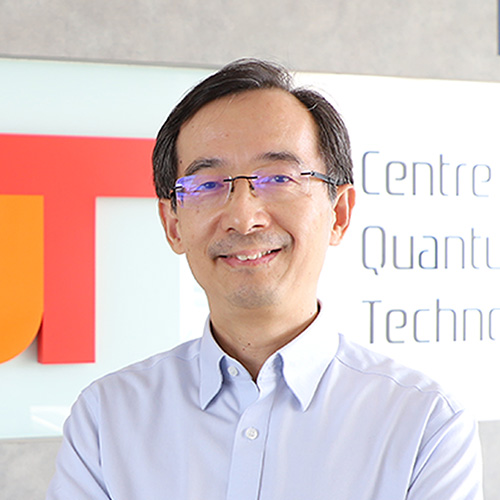 | Meet a CQTian: Gong Jiangbin July 19 2022 |
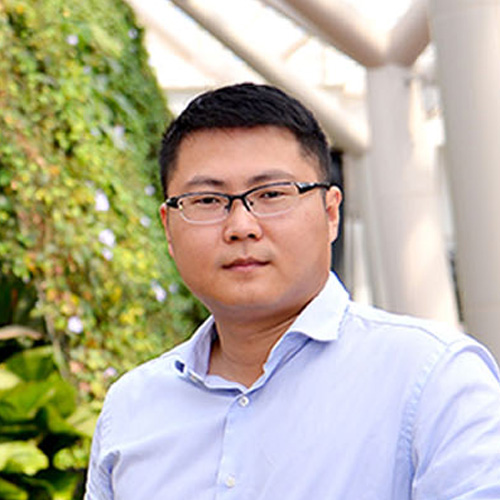 | Meet a CQTian: Gao Weibo July 20 2022 |
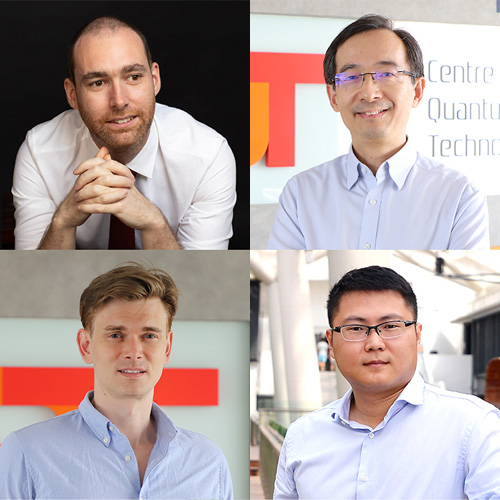 | CQT appoints four new Principal Investigators July 19 2022 |






